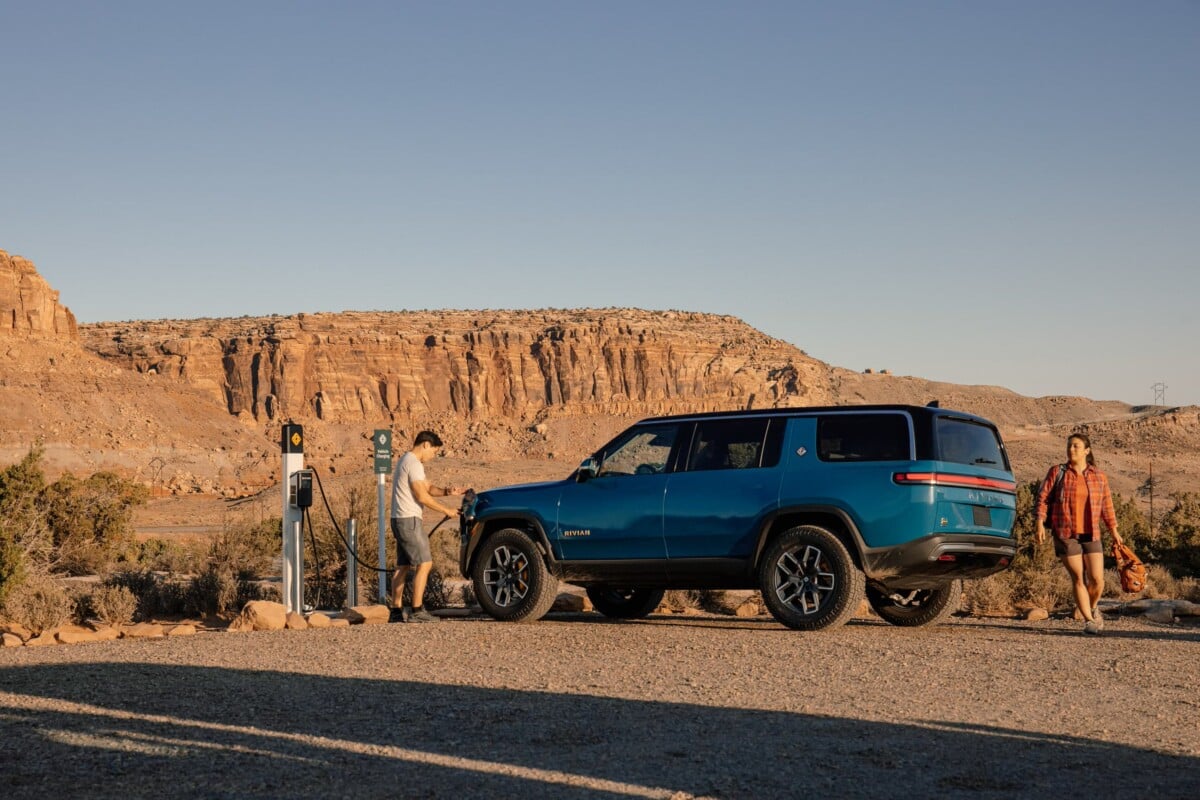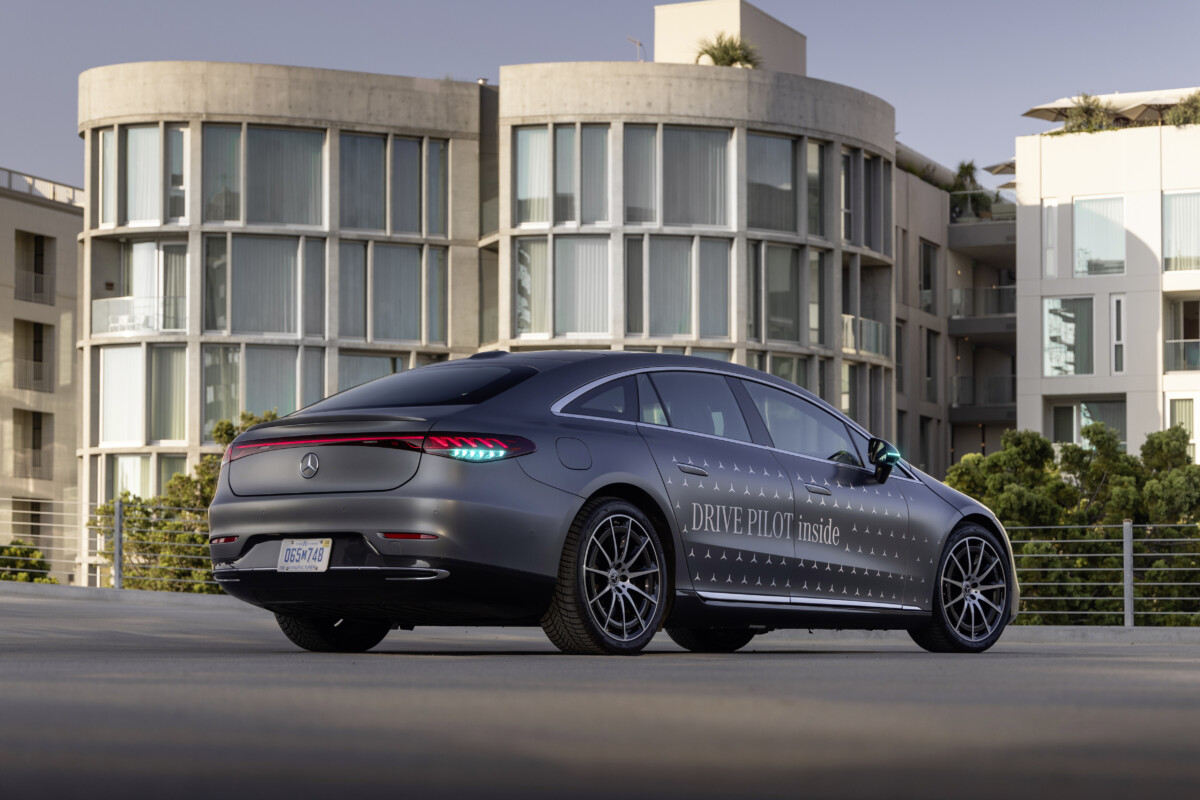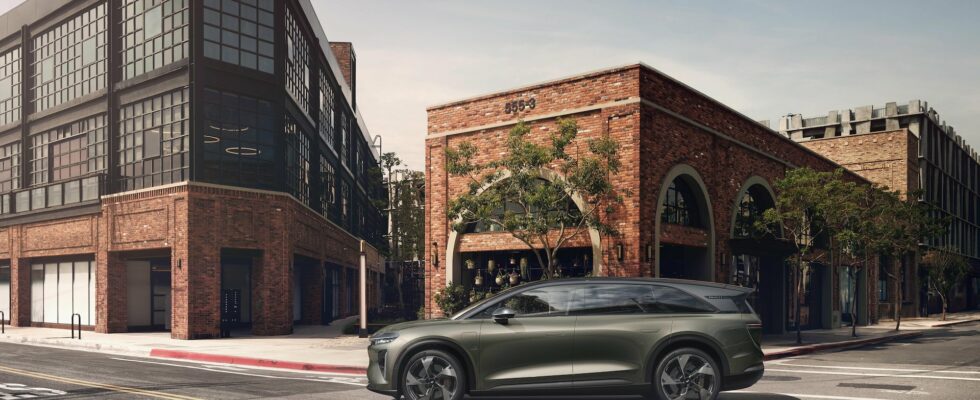In recent months, bankruptcies and delicate situations have increased for electric car manufacturers. This week, it was the turn of Lucid Motors, Rivian and HiPhi, three electric car manufacturers which are just arriving in Europe. In your opinion, does this call into question the abandonment of the thermal engine planned for 2035 in Europe? This is the poll question of the week.
The situation for the electric car market is tense, to say the least. Especially in Europe and the United States. We saw that in January 2024, the market share of electric cars was in free fall in Europe. The reason: the end of aid in certain countries, but also consumers’ expectations of the imminent arrival of much more affordable models, such as the Citroën ë-C3 or the Renault 5 E-Tech.
Bankruptcies in sight
In Europe, again, we can cite the extremely delicate financial situation in which Lucid Motors finds itself, with a loss of $377,000 per car sold! If you don’t know, it’s the American manufacturer to whom we owe the famous Lucid Air, with its 800 km of autonomy on the WLTP mixed cycle.
We can also cite Rivian, an American manufacturer of electric cars, financed by Amazon, and which plans to arrive in Europe in the coming months with its future R2T and R2S models. The situation is perhaps less worrying than for Lucid, but Elon Musk announces bankruptcy within the next 18 months if the company’s financial trajectory does not change.

Aiways, a Chinese manufacturer, also present in Europe, is also in a tense situation, with the cessation of production and a huge reorganization at the head of the manufacturer. A situation reminiscent of that of HiPhi, this Chinese brand recently arrived in Europe which is stopping production for six months to avoid imminent bankruptcy.
Last year, the American Lordstown declared bankruptcy. However, it was supported by Foxconn, known to be one of the manufacturers of Apple iPhones.
A radical change of strategy?
In short, things are going badly for certain electric car manufacturers, so much so that Mercedes is announcing a radical change in its strategy. If the German manufacturer planned to only sell 100% electric cars in its range from 2030, the German firm has decided to change its plans. It will indeed continue to also produce thermal and hybrid models, even though its results are in sharp decline.

This is not the case for other manufacturers, including Tesla and BYD, which monopolize the first two places on the podium, far ahead of the Volkswagen group (which is also going through a difficult time) and all of its brands, number 3, which remains growing, but is struggling to catch up with its competitors. Tesla and BYD are leading a race, with phenomenal annual growth.
Remember that in Europe, in 2035, car manufacturers will no longer have the right to sell new thermal cars. They must be 100% electric, whether with a battery or a hydrogen fuel cell.
And if you have any doubts about the comparison of an electric car versus a thermal car, we have a very detailed explanatory file which explains to you why an electric car is two to three times less polluting than its thermal equivalent over its entire life cycle.
The question of the week
So we come to the question of the week: do you think that the current situation calls into question the ban on the sale of new thermal cars in Europe in 2035?
Do not hesitate to give the reasons for your choice in comments, and to debate in a courteous and respectful manner.
Loading
do you think that the current situation calls into question the ban on the sale of new thermal cars in Europe in 2035?
Thank you for voting.
You have already voted for this poll.
Please select an answer.
